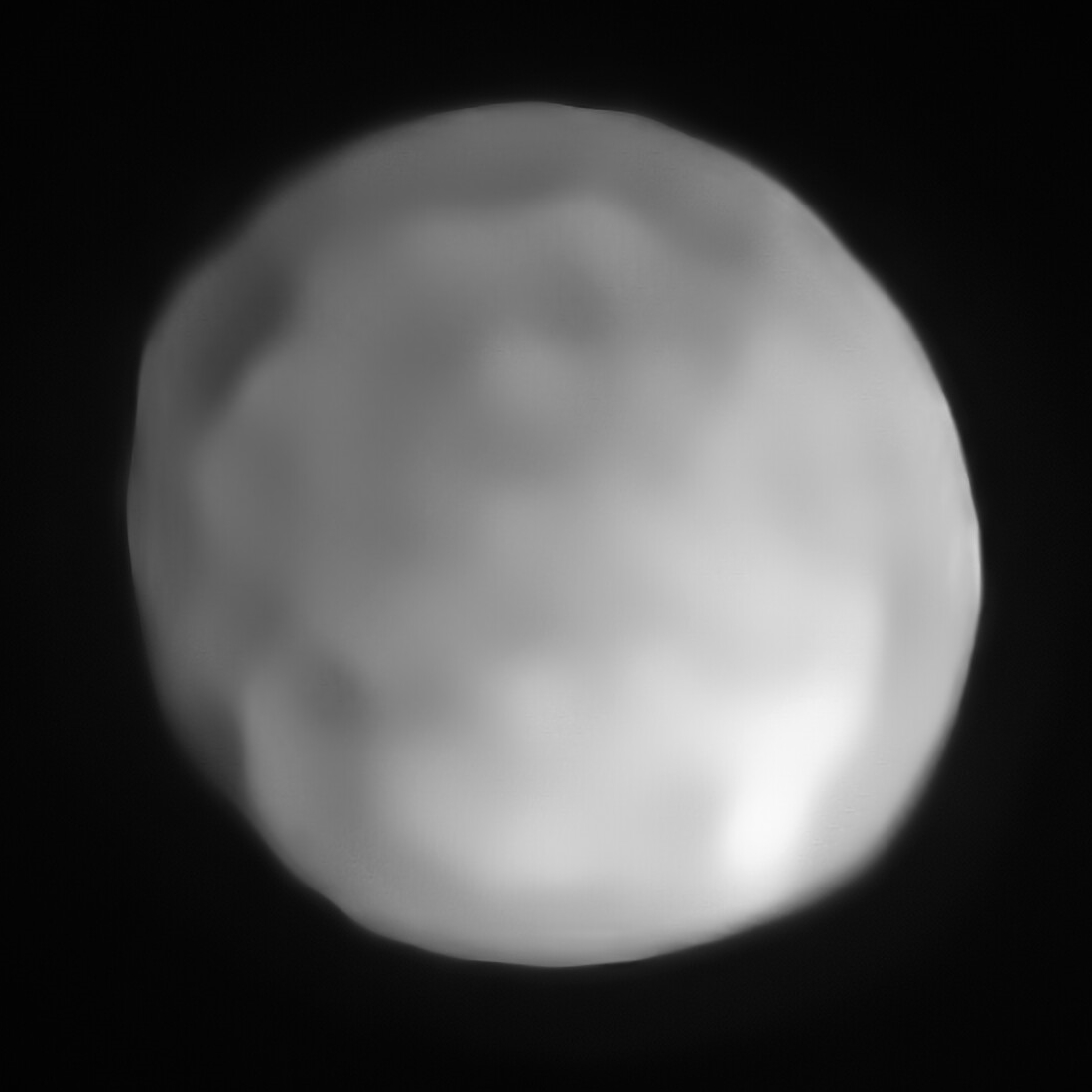DL MARTIN wrote: ↑Mon Feb 17, 2020 6:30 pm
Chris Peterson's 'my 40th birthday' reference recognizes that 40 years have elapsed since birth. I'm not the same entity. The way astronomers refer to events as only distance away and not time since, leads one to think that time stands still. Thus, a forty year old person is the same as when that person was born! By denying change, one freeze frames reality.
I agree that we can't know what galaxies, for example, currently look like, but to deny that they are identical to what they looked like is to say that a forty year old adult is still a baby. I'm sorry if I'm annoying about this but I've found instances where there are people who look out the window and believe the world is flat. Surely astronomy doesn't want to be put into that category.
Think of
Ötzi the Iceman. He lived near what is now the border between Austria and Italy some 5,000 years ago. He was about 45 years old when he died.
We can't go back in time to see Ötzi when he was alive. We can't see his birth, and we can't see his death. We can't see the landscape where he lived, and we can't see where he found protection. We can't see how Ötzi made a living, and we can't see exactly what happened when he died.
But we do have his dead body, and we can examine it. Surely we shouldn't refrain from examining it, just because there are so many things about Ötzi that we can never know?
In the same way, surely you are not saying that we should refrain from examining the light that reaches us from the stars, just because we can't go back in time and simultaneously travel in space to go to the time and place where the stars were located when they emitted the light that reaches us on the Earth "today"?
Unlike Ötzi, none of the galaxies and few of the stars that we can see in the sky have died since the light that they emitted in the past has reached us. The galaxies have all evolved a little, and the farther away they are, the more they have changed. As for the stars in our own galaxy, most of them are for all intents and purposes completely unchanged, while
others may have undergone great changes. We can't see it.
And surely you are not saying that the light that reaches us from stars and galaxies "now" is unimportant, just because that light has taken many years to reach us and there is no way in the Universe that we can ever know what those stars and galaxies are doing "now"? Surely you are not proposing that we should revoke the laws of physics and transport ourselves instantly across the light-years to see what the star or galaxy looks like "now", or else shut up and admit that we know nothing about the Universe?
Ann
 The Changing Surface of Fading Betelgeuse
The Changing Surface of Fading Betelgeuse



